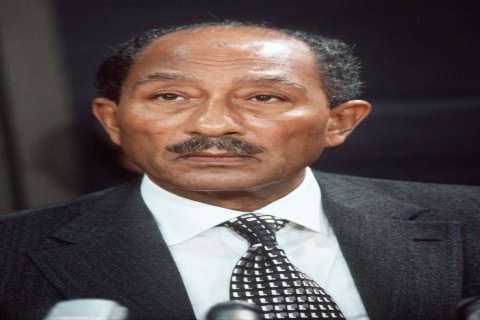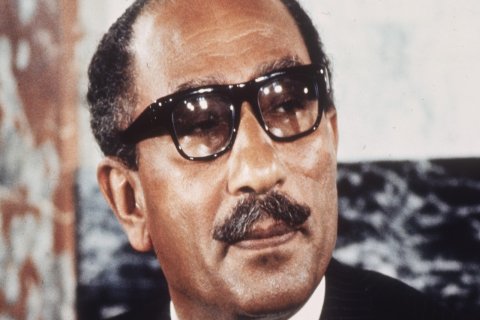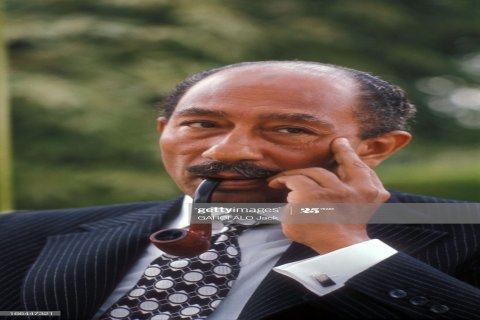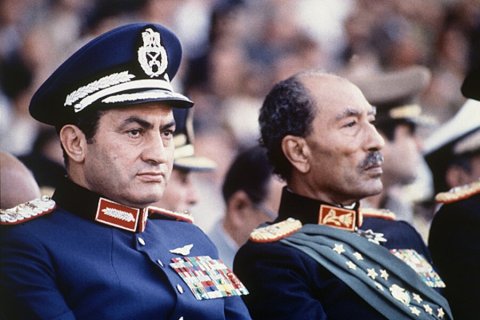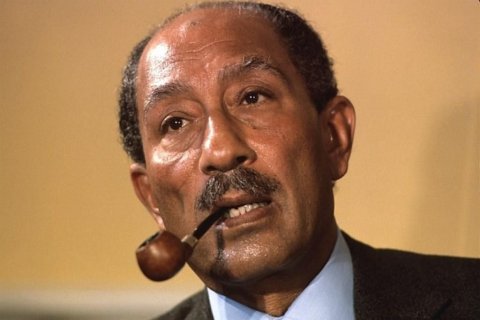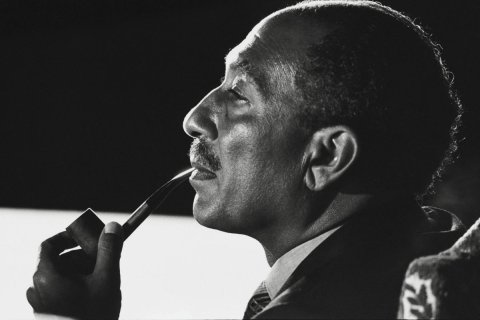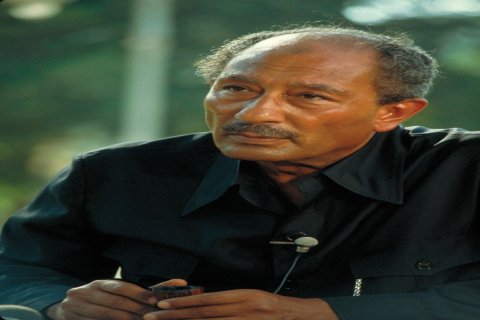Anwar Sadat
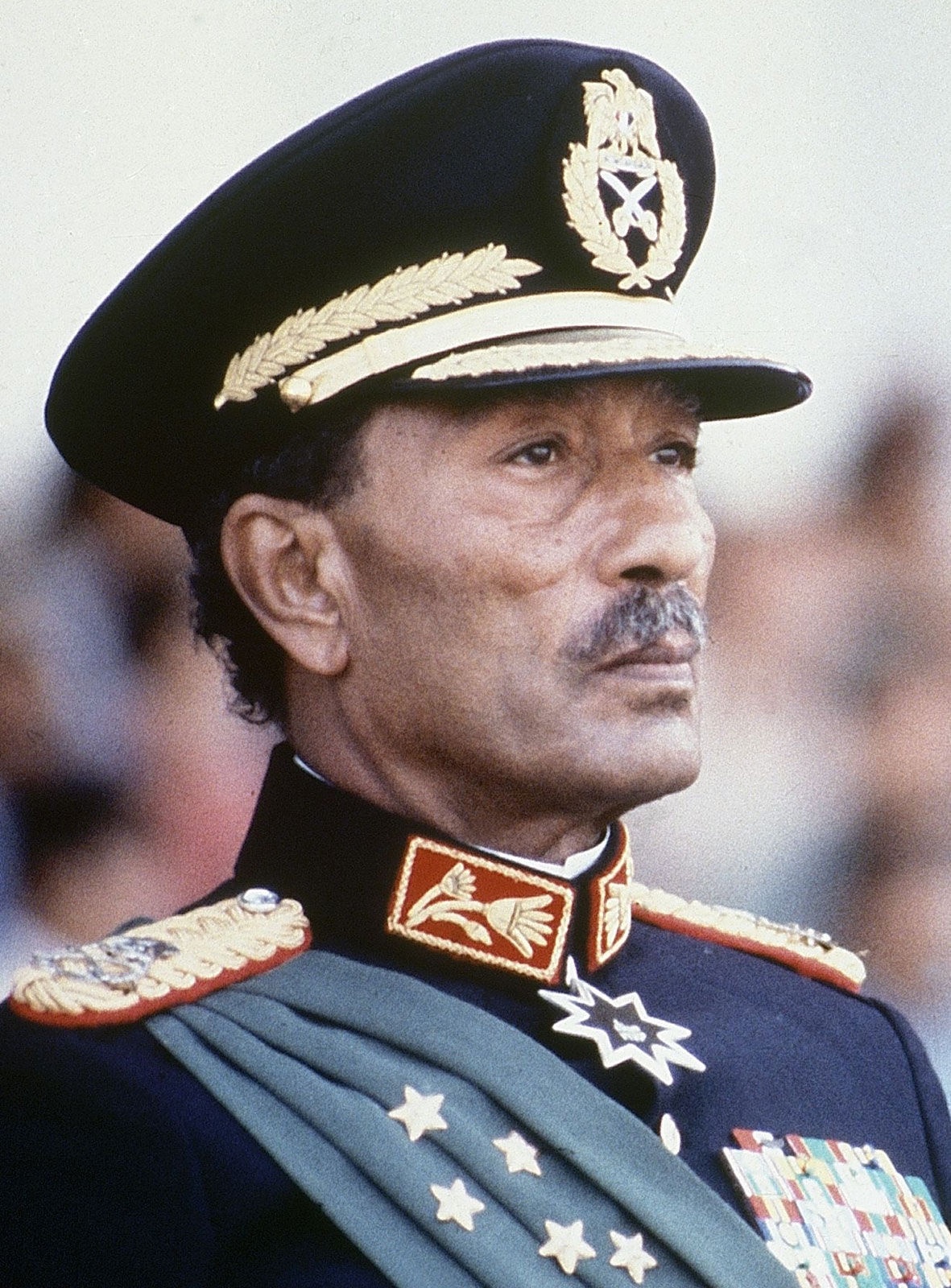
Anwar Sadat: A Transformative Leader and Peacemaker
Introduction: Anwar Sadat, an iconic figure in the annals of global diplomacy, stands tall as a visionary leader who relentlessly pursued peace in the Middle East. His unwavering determination and audacious diplomatic initiatives reshaped the geopolitical landscape of the region and earned him a lasting legacy as a peacemaker. This article delves into the life, leadership, and remarkable achievements of Anwar Sadat, highlighting his contributions to international relations and the enduring impact of his legacy.
Early Life and Military Career: Anwar Sadat was born on December 25, 1918, in the Mit Abu al-Kum village in Egypt. After graduating from the Royal Military Academy in Cairo, he embarked on a distinguished military career. Sadat actively participated in the 1948 Arab-Israeli War and later became a key member of Egypt's Free Officers Movement, a group of young military officers who sought to end British occupation and establish an independent Egypt.
Rise to Power: In 1952, the Free Officers Movement successfully overthrew the monarchy, and Sadat played a pivotal role in shaping Egypt's political trajectory. He served as President Gamal Abdel Nasser's close confidant and held various ministerial positions, gaining valuable administrative and leadership experience. Upon Nasser's death in 1970, Sadat assumed the presidency, inheriting a nation grappling with economic challenges and regional tensions.
Economic Reforms and Open-Door Policy: Recognizing the need for economic transformation, Sadat introduced a series of reforms aimed at liberalizing Egypt's economy. He implemented the "Infitah" (Open-Door) policy, which encouraged foreign investment, private sector growth, and tourism. These measures revitalized Egypt's economy, attracting investments and generating employment opportunities.
Peace Initiatives and the Camp David Accords: Sadat's most significant contribution to international relations was his pursuit of a peaceful resolution to the long-standing conflict between Egypt and Israel. In a bold and unexpected move, Sadat visited Jerusalem in 1977, becoming the first Arab leader to officially recognize Israel. This diplomatic overture paved the way for the Camp David Accords, a landmark peace agreement signed between Egypt and Israel in 1978.
The Camp David Accords, brokered by US President Jimmy Carter, marked a turning point in Middle Eastern politics. The agreement established diplomatic relations between Egypt and Israel, leading to the withdrawal of Israeli forces from the Sinai Peninsula and the return of the territory to Egypt. Sadat's courageous leadership and commitment to peace earned him international acclaim and the 1978 Nobel Peace Prize, shared with Israeli Prime Minister Menachem Begin.
Legacy and Impact: Anwar Sadat's legacy is multifaceted and far-reaching. He is remembered as a transformative leader who brought about significant economic reforms, fostering economic growth and improving the standard of living in Egypt. His unwavering pursuit of peace in the Middle East remains his most enduring legacy. The Camp David Accords not only normalized relations between Egypt and Israel but also laid the groundwork for future peace negotiations in the region.
While Sadat's peace initiatives were met with mixed reactions in the Arab world, his efforts to end the conflict with Israel paved the way for diplomatic progress and regional stability. His assassination by Islamic extremists in 1981 cut short his ambitious plans for Egypt and the Middle East. Despite his untimely demise, Sadat's contributions to peace and international relations continue to inspire generations of leaders working towards a more peaceful and just world.
Conclusion: Anwar Sadat's leadership and diplomatic initiatives indelibly shaped the course of history in the Middle East. His bold vision for peace, unwavering determination, and willingness to take risks transformed the regional landscape. Sadat's legacy extends beyond his lifetime, serving as a beacon of hope for those seeking peaceful resolutions to protracted conflicts. His life and achievements remind us of the power of transformative leadership, the importance of dialogue, and the enduring impact of peacemaking efforts in a world often marred by division and strife.

